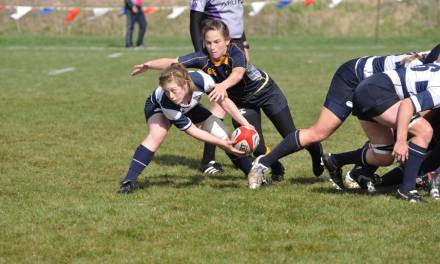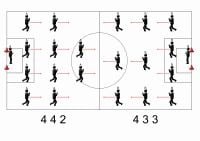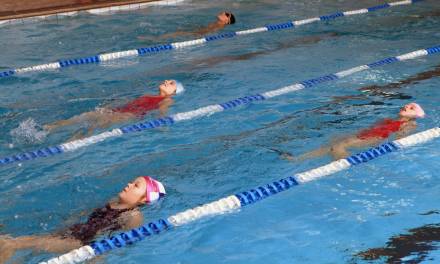Effective passing and handling skills are crucial to any rugby player’s success. Below are a few fun but challenging drills that you can use to encourage quick passing in rugby.
Clapping Game
To help your players pass more accurately, try this fun and simple rugby drill:
- Get the ball moving in a clockwise circle.
- Switch the direction after a couple of minutes of movement.
- Then tell your players that they must keep passing the ball around but the receiver needs to clap once before they catch the ball. The ball must be passed over within 5 seconds.
- If the receiver forgets to clap and takes the ball, they need to do a short fitness challenge like pushups or a sprint around the circle.
Traffic Lights
The aim of this game is to not be the player holding the ball when the call is made to stop passing the ball. To further encourage quick passing, you can keep track of who is caught holding the ball the fewest times and publish everyone’s scores on the PE noticeboard.
- One of the players needs to be the traffic light and stand outside of the passing circle with their back to the other players. The traffic light player controls the starting and stopping of the activity.
- All the other players should create a circle with enough distance between them to make passing the ball slightly challenging.
- When they hear the traffic light player shout ‘Green!’, the players need to begin passing the ball to each other. They can pass the ball across or around the circle.
- When the traffic light player shouts ‘Red!’ the other players need to stop passing the ball around.
- Whoever is holding the ball on the call of Red will be the new traffic light.
League Island
- Split your group into two separate teams, with one of those teams being further split into half. Mark an area out with a larger grid and smaller square inside the main grid.
- The team that has been split in half needs to pass the ball from outside the main grid to their teammates in the centre and then back out again. No player can keep the ball in hand for more than 5 seconds.
- The other team cannot enter the inner, smaller square but has to try to prevent the ball from being passed from outside the grid into the inner square. Whilst they are limited to moving in the space between the inner and outer squares, they can try to intercept at the point of passing or catching, and also put pressure on the passer to get rid of the ball before their 5 seconds is up.
- Every time the player manages to pass the ball by the defenders they get a point. If the defender’s team manages to intercept the ball they score a point.
- Swap the teams around after 5 minutes to incorporate a competitive element and see who scores a higher number of points.
Rugby Rounders
- Split your group into two teams: batting and bowling. Arrange a rounders-style fielding setup with posts/bases.
- A player who is in the middle (the bowler) will need to pass the rugby ball to batting team’s player in the batting square. The batter has a maximum of 3 attempts to catch the ball cleanly.
- Once the batter catches the ball, they have two seconds to kick it towards the fielders in the opposition team.
- If the batter fails to kick it within two seconds or fails to catch the ball in 3 attempts, they are out of the game. Similar to rounders, the batter needs to stop on bases.
- When a team has three outs they need to swap with the fielders.
Rugby Tennis
This simple passing drill based on the principles of tennis is fun for younger players:
- Divide players into two teams that will occupy the opposite parts of the field.
- The first team will pass the ball among themselves three times within 10 seconds (or less – depending on their level of ability).
- The third player will then pass or kick the ball over an imaginary tennis net to the opposing team.
- If the ball touches the ground when passed or kicked from one team to the other, the team that passed/kicked it scores a point.
If you would like to find out more information about our online resources and platform to help with PE at your school or organisation, get in touch here.










